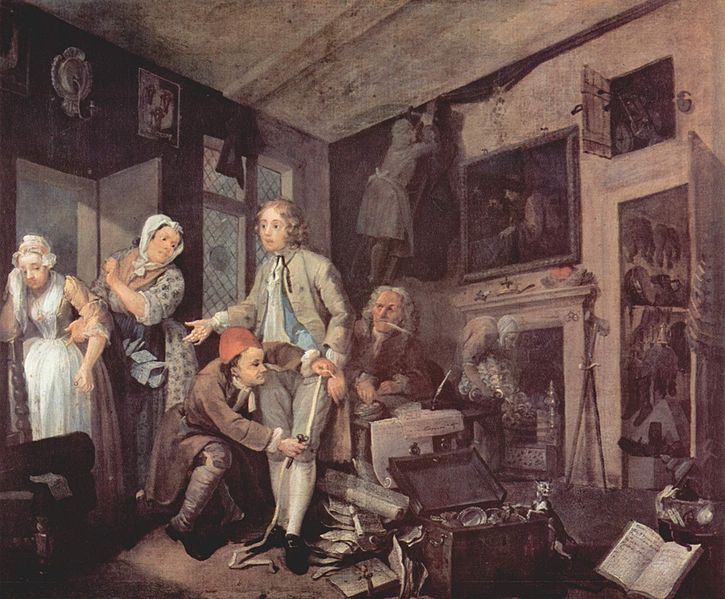Quangos are a simple target for the opposition as proven by Margaret Thatcher, Tony Blair, Gordon Brown and now David Cameron. Since the Quango, like the Civil Service, must remain politically impartial it becomes very simply to score political points off these organisations. It is similar to winning a debating competition where one participant has gagged and chained their opponent.
Furthermore, there has been little in the way of inspiration leadership from David Cameron, recently it almost seems that he is playing 'leader-of-the-opposition by numbers';
- first attack the Governments public spending plans,
- then mention how the opposition will increase efficiency of the public sector therefore saving the tax payer billions,
- and finally attack Quangos
Admittedly there needs to be reform of the system of Quangos, in terms of accountability and transparency, but to return them to their original government department would create a similar megalith just under a different guise and in a different place.
The result would be the next leader of the opposition would attack the size of the bureaucracy and government. Now that is a vicious circle...



